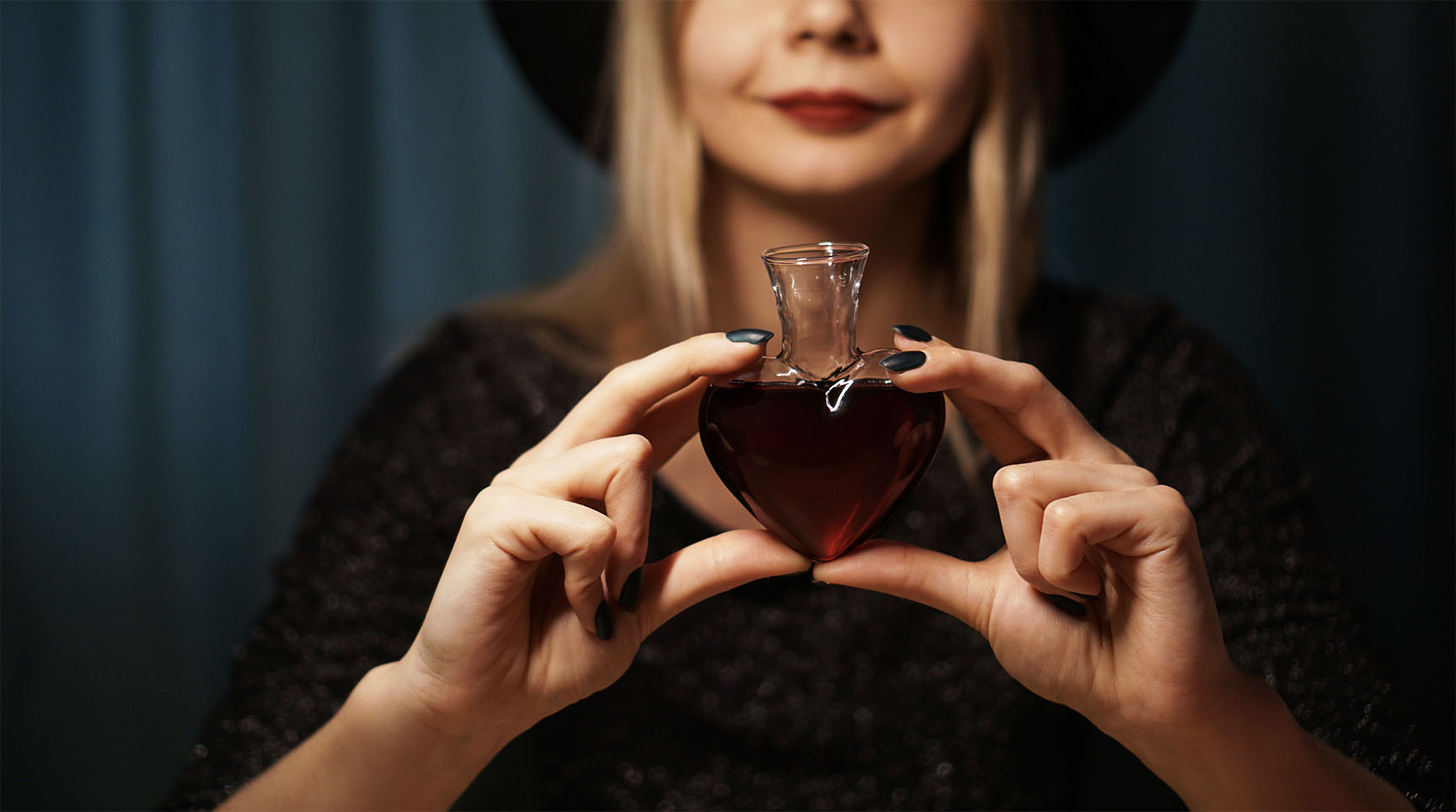
Its ethereal nature, captured in an ornate bottle, tells a story that’s both intimate and world-spanning, reflecting histories, cultures, and personal tales. But ever so often, as you glance at the price tag of your favorite fragrance, you might wonder, why is it so costly?
The Art of Perfumery
When it comes to crafting perfumes, it’s more than just mixing scents; it’s an art form. Imagine for a moment, a maestro guiding a symphony. Similarly, seasoned noses work to combine elements, ensuring that each note unfolds at just the right moment, creating a harmonious blend. It’s a dance of olfactory delight, precision, and depth. An example of such intricacy in scent crafting is often seen in sought-after fragrances like love by kilian don’t be shy dupe. Beyond the skill, the selection of ingredients plays a pivotal role. Many of these ingredients are not only rare but sourced from the farthest corners of the Earth, adding to the cost.
Ingredient Costs
Just as a gourmet dish is prized for its authentic ingredients, the price of perfume is often reflective of its components. Many perfumes contain ingredients like Oud, harvested from the rare Aquilaria tree, or Ambergris, a unique substance regurgitated by sperm whales. These materials are rare, difficult to source, and hence, quite expensive. Moreover, the quality of these ingredients significantly affects the final product. Using a higher quality ingredient ensures a scent that is richer, lasts longer, and unfolds beautifully on the skin.
Perfume Production Process
Behind every bottle of perfume is a meticulous process, often spanning years. From initial ideation to the final product, making a perfume is labor-intensive. Expert perfumers, often referred to as ‘noses’ for their extraordinary olfactory senses, work diligently. These skilled artisans often spend years training, and their expertise is essential to craft the perfect scent, which, in turn, justifies the high prices attached to these fragrances.
Brand Prestige
Branding plays a significant role in many luxury items, and perfume is no exception. Houses like Chanel, Dior, or Tom Ford have spent decades, if not longer, building their reputation. This prestige translates to trust in quality, longevity, and a unique scent profile. Such an established reputation and the desire to own a piece of this luxury contribute to the high price point.
Packaging and Presentation
Lifting the lid off a perfume box reveals more than just a bottle; it’s an experience. The intricate designs, heavy glass, and often handcrafted details elevate the perfume bottle to a piece of art. Packaging often mirrors the essence of the fragrance inside, and its costs are undeniably woven into the total price.
Marketing and Advertising
The world of luxury perfume isn’t just about the scent. It’s a narrative, portrayed through grand advertisements, celebrity endorsements, and cinematic campaigns. The costs associated with these promotional activities, which aim to entice and captivate, form a significant chunk of the perfume’s price.
Limited Editions and Exclusivity
Sometimes, the allure of a perfume is in its rarity. Limited edition releases or scents available only at particular locations feed into the human desire for exclusivity. Owning something scarce often comes with a heftier price tag, which many are willing to pay.
Research and Development
Behind every iconic scent is an exhaustive phase of research and development. Perfumeries invest in exploring unique scent combinations, undergoing multiple iterations. Each trial and refinement drives up the cost, but it ensures a distinct and memorable fragrance.
Regulation and Quality Control
Perfumes undergo rigorous quality control standards. Every meticulous step taken ensures that each bottle that reaches the consumer is not only perfect in scent but also adheres to safety standards. From ingredient sourcing to the final formulation, consistency across batches is imperative. The intricate dance of complying with international regulations, combined with the dedication to maintaining consistent high-quality throughout production stages, undeniably amplifies the production costs.
Historical Significance
Tracing back through the annals of history, perfume has always stood out as a shimmering symbol of luxury and affluence. From the intoxicating courts of Cleopatra to the opulent palaces of Europe, fragrances have signified more than just scent; they represented status, power, and an undeniable allure. This rich and evocative historical context not only paints a vivid picture but also enriches the narrative of modern perfumery, firmly reaffirming its esteemed position as a treasured luxury item.
Conclusion
In the delicate ballet of luxury perfumes, a multitude of factors dance together, justifying the price tag. Whether it’s the craftsmanship of expert noses, the pursuit of rare ingredients, the tale of branding, or the allure of exclusivity, each element contributes. As you mist yourself with your chosen fragrance, remember you’re not just wearing a scent; you’re wearing history, art, and a testament to luxury.



